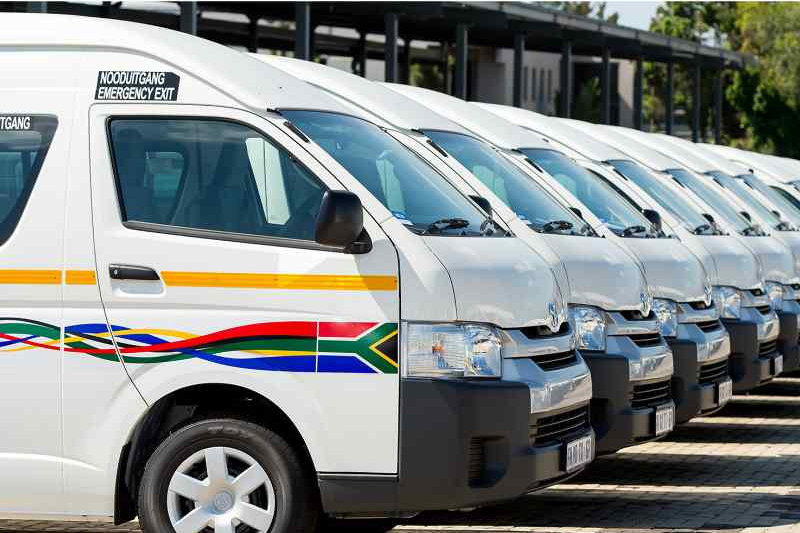Embracing the trend of manufacturing and deploying electric vehicles like several countries, South Africa continues experimenting with electric taxis and progressing towards green energy.
A team from Stellenbosch University (SU) is examining the feasibility of running the country’s inaugural electric taxis. These vehicles can cover up to 120 km before requiring a recharge.
In partnership with Rham Equipment, the SU team has successfully transformed a minibus taxi into an EV. The entity is currently undergoing road testing, with other tests to follow shortly.
The conversion process involved the removal of the original Internal Combustion Engine and associated components, such as gas pipe, radiator and petrol tank.
South Africa Jumping On The Sustainability Bandwagon
The minibus is also equipped with an energy recovery mechanism called ‘Regenerative Breaking’, which recovers energy during deceleration and stores it until needed.
Just like numerous other countries that view electric vehicles as a lasting remedy to address climate change, South Africa shares the same objective.
The country is responding to the need to keep pace with the transition to EVs as its automotive industry could be threatened if South Africans fall behind.
Nevertheless, the inevitable transition has come amid the country navigating its infamous energy crisis. Power outages have cast doubt on the feasibility of running electric taxis there.
Keep Reading
Energy Crisis Affecting SA’s Clean Transportation Revolution
A lack of consistent electricity in the country has sparked intense concerns over managing the routine charging requirements of electricity-powered vehicles.
But while the ongoing load-shedding is a potential obstacle to clean mobility initiatives, the much-talked-about electric taxis would be powered by solar energy.
This approach utilises solar panels and battery energy storage systems. In addition, hydrogen would even be used as a potential alternative solution.
Meanwhile, a different African nation, Nigeria, is also exploring the world of sustainability to initiate a clean transportation revolution.
Just last month, an agency associated with the government procured electric buses for the transition. Later, plans were unveiled to buy scores of buses fueled by CNG.
Nevertheless, while the intentions behind such plans are commendable, their execution must be approached in the right way to avoid exacerbating an already-raging crisis.

